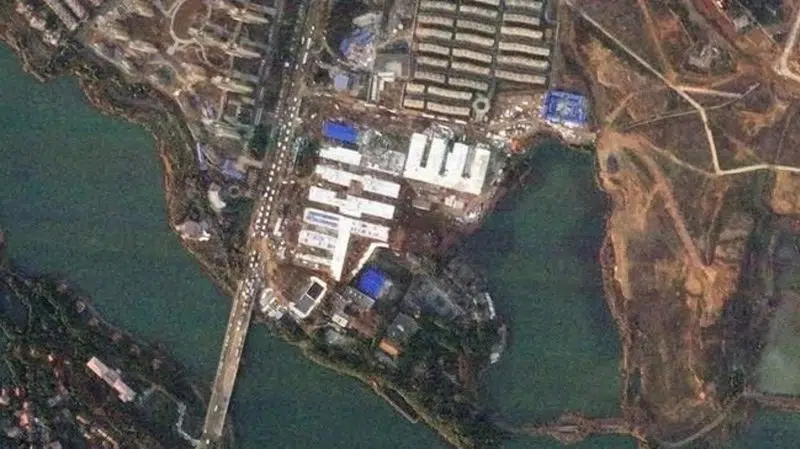
US, others impose restrictions as virus toll spikes further
BEIJING — The death toll in China’s virus outbreak rose to 259 on Saturday and Beijing criticized Washington’s tightening of travel controls to bar most foreign nationals who visited the country within the past two weeks.
South Korea and India evacuated their citizens from the locked-down Chinese city at the centre of an area where some 50 million people are barred from leaving in a sweeping anti-disease effort. Indonesia was sending a plane.
The number of confirmed infections in China rose to 11,791.
The United States declared a public health emergency Friday and President Donald Trump signed an order barring entry to foreign nationals, other than immediate family of American citizens and permanent residents, who have travelled in China within the last 14 days, which scientists say is the longest incubation period for the virus.
